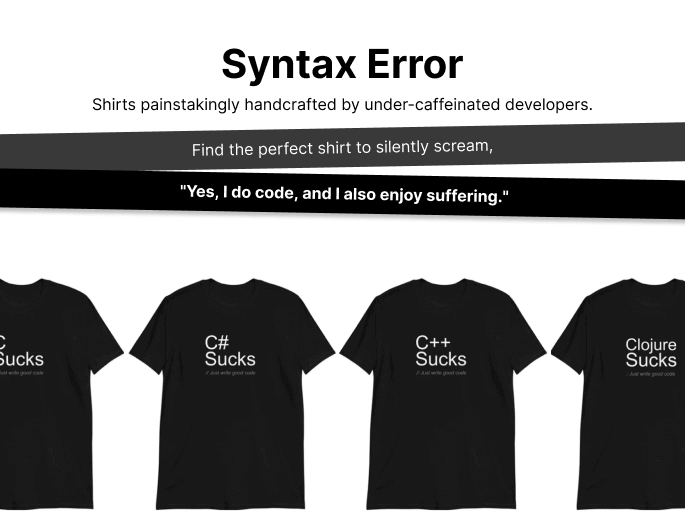Source: aws.amazon.com
New – NVMe Reservations for Amazon Elastic Block Store io2 VolumesWe think you might be interested in this job:
Prismatic
As a quick refresher, io2 Block Express volumes are designed to meet the needs of the most demanding I/O-intensive applications running on Nitro-based https://aws.amazon.com/ec2/ instances.
Using Reservations To make use of reservations, you simply create an io2 volume with Multi-Attach enabled, and then attach it to one or more Nitro-based EC2 instances (see https://docs.aws.amazon.com/AWSEC2/latest/UserGuide/provisioned-iops.html#io2-block-express for a full list of supported instance types): If you have existing io2 Block Express volumes, you can enable reservations by detaching the volumes from all of the EC2 instances, and then reattaching them.
Cluster and Volume Managers – Windows Server Failover Clustering is supported; we are currently working to qualify other cluster and volume managers.
Related Articles
Community Partners
DevOps Careers






